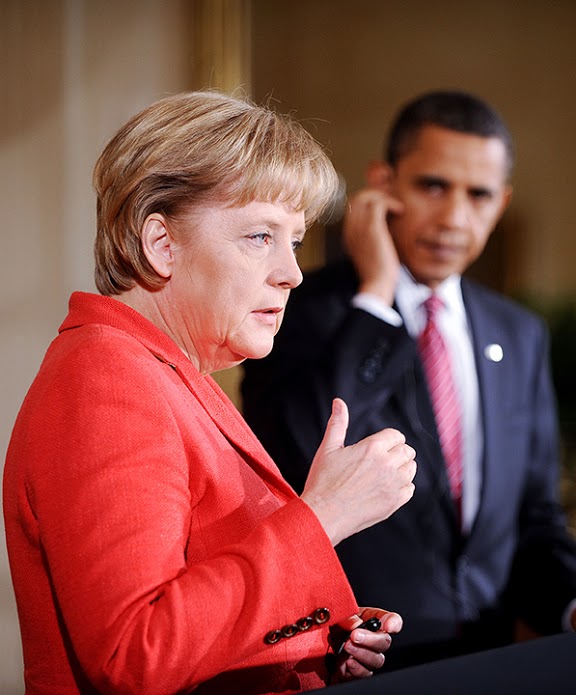US accused of spying, world leaders express growing concern
The first rule of spying is to not get caught.
However, it seems like the National Security Agency has not been able to catch a break lately.
In October, the NSA was accused of tapping into the Chancellor of Germany’s cell phone and monitoring her calls, which has resulted in some backlash against the United States.
For those that do not know, in October the German news magazine Der Spiegel released a report that accused the U.S. of spying on Chancellor Angela Merkel. The information about the phone tapping was obtained from Edward Snowden.
Snowden, who is now hiding in Russia, caused a commotion earlier this year when he leaked top secret files from the NSA. The database of the leaked files is still being sorted through by various sources.
On Oct. 23, Merkel called President Barack Obama to assure that the United States was not spying on her. A spokesperson for the Obama administration denied the allegations. However, there are records showing that Merkel’s calls have been monitored since 2002.
In response to the accusations, the NSA has said that they have been monitoring the phone calls to protect both countries.
Since 9/11, the NSA has expanded its monitoring of other countries in widespread counterterrorism efforts. The Obama administration maintains that the president did not know about the spying of Merkel.
Merkel addressed the surveillance allegations at the European Union summit in Brussels on Oct. 24.
“Spying on friends, that’s not acceptable,” Merkel said upon arriving at the summit, according to BBC News.
Merkel has since requested that the United States create a no-surveillance treaty with ally states. Other countries such as France, Brazil and Mexico have also accused the U.S. of monitoring cell phones and government officials.
The U.S. has been rapidly expanding its intelligence technology capabilities. It is debatable whether the expansion is due to the U.S. wanting to monitor terrorist activities or wanting to remain in the advantage internationally. To be honest, it is probably a little of both.
European leaders want transparency, which is understandable. Many world leaders, including Merkel, are calling for the United States to agree not to spy on allies. To regain its standing among its allies, the U.S. should consider agreeing to stop spying on friendly governments.
International governments have a right to be angry that one of their allies has spied on them, especially because it is not an isolated event. It has been happening for years. The monitoring undermines the alliance and the cooperation of the ally country. Merkel has said that the United States will have to regain the trust of Germany.
Sure, it would be great if we could enter into a non-spying agreement with Germany. Will it happen? Probably not.







